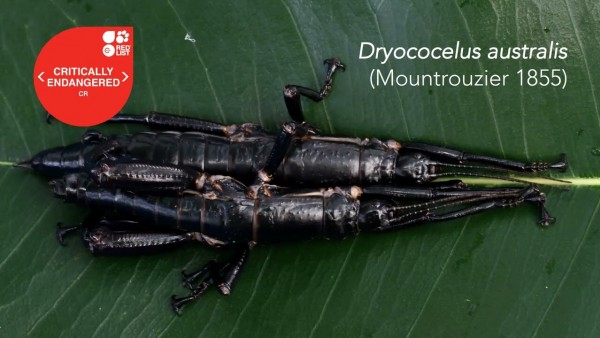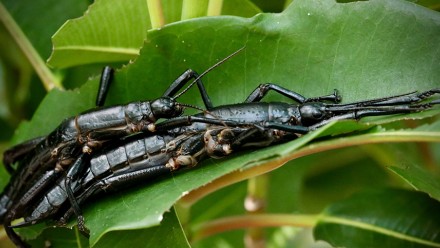E&E PhD Exit Seminar: Evolution and ecology of the critically endangered Dryococelus australis in captivity
As climate change and land transformation advance into the future, more and more species will be unable to keep up with the rate of change imposed by human activity. Many animal species will require management in captivity if they are to flourish, but extended periods of time in captivity tend to have detrimental effects on wild animal fitness. Accounting for these effects is crucial to the continued success of captive breeding programs. Dryococelus australis, the Lord Howe Island stick insect, is a large flightless insect currently bred in captivity at the Melbourne Zoo. The sole remaining wild population is severely threatened and so the captive breeding program acts as an insurance policy against extinction. Eventually, D. australis will be reintroduced back to Lord Howe Island where it has been locally extinct since the early 1900s. In this talk, I will present three studies exploring the evolution and ecology of D. australis in captivity. First, the evolution of captive phenotypes. Using a long-term monitoring dataset collected by the zookeeping team I will identify major drivers of phenotypic change over the breeding program’s history. Then, the talk will switch gears and I will discuss how low-coverage whole genome resequencing can be used to track the passage of mutations through the genetic bottleneck at the beginning of the program. Finally, I will close by presenting a SNP panel that can be used to track genetic change in the captive breeding program and in the soon-to-come reintroduced wild populations. With this SNP panel I will also reveal some of the unusual reproductive biology of D. australis and explore pedigree reconstruction in the face of species’ mixed asexual-sexual reproductive mode.






